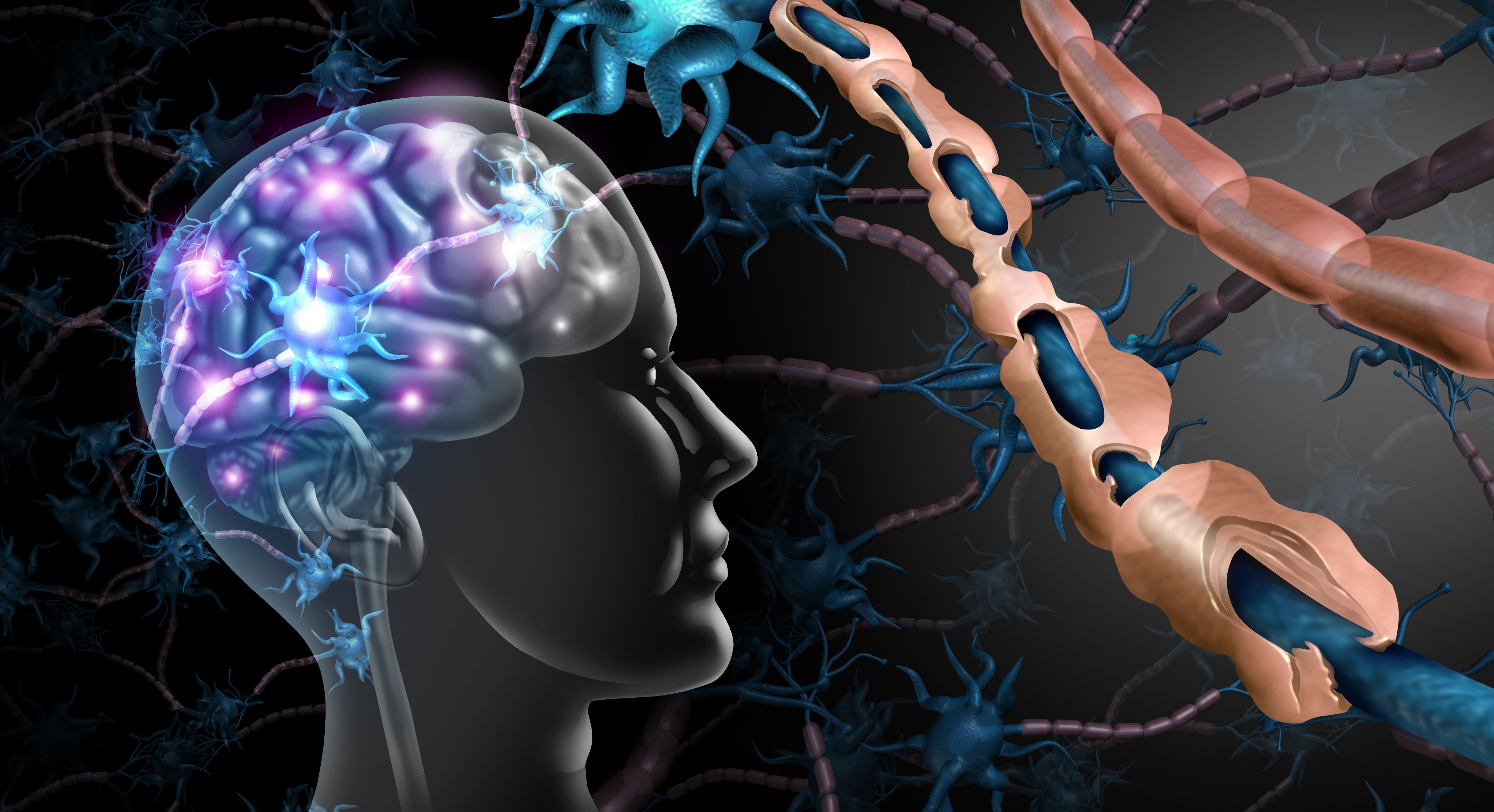- Center on Health Equity & Access
- Clinical
- Health Care Cost
- Health Care Delivery
- Insurance
- Policy
- Technology
- Value-Based Care
Autonomic Dysfunction Significantly Associated With Decreased Quality of Life in MS, NMOSD
Findings showed that autonomic symptom burden was slightly more severe in patients with multiple sclerosis (MS) compared with those with NMOSD, although the difference was not statistically significant.
This article was originally published by NeurologyLive.
Findings from an international cross-sectional study recently published in Multiple Sclerosis and Related Disorders demonstrated a significant correlation between autonomic symptom burden and decreased quality of life among both patients living with neuromyelitis optica spectrum disorder (NMOSD) and multiple sclerosis (MS), the correlation being stronger in MS.1
In the study, autonomic nervous system dysfunction, defined by a total Composite Autonomic Symptom Score-31 (COMPASS-31) score greater than 0, was identified in almost all participants with NMOSD (n = 80) and MS (n = 100) tested (100%, and 97%, respectively). Notably, the median level of the total COMPASS-31 score was higher in patients with MS in comparison with patients with NMOSD, although the difference did not reach statistical significance (P = .060).
All told, there was a statistically significant inverse correlation between the COMPASS-31 and Multiple Sclerosis Quality of Life-54 (MSQoL-54) scores in both patients with NMOSD (physical health composites [PHC] = -.420, P < .001; mental health composites [MHC] = -.484, P < .001) and patients with MS (PHC = -.669, P < .001; MHC = -.605, P < .001), with stronger inverse correlation were identified in the MS group.
MS | freshidea - stock.adobe.com

Senior author Jelena Drulovic, MD, PhD, professor of neurology, Faculty of Medicine of the University of Belgrade, and head of the MS Center at the Clinic of Neurology, University Clinical Center of Serbia, and colleagues assessed autonomic nervous system dysfunction in patients with NMOSD and MS using COMPASS-31, as well as investigated the impact of autonomic nervous system dysfunction on the quality of life of these patients. The investigators conducted the study at 3 national referral neurological clinics in Serbia, Croatia, and Montenegro where a total of 180 participants with either MS or NMOSD were followed-up and enrolled in the study. Enrolled participants then completed the validated versions of the COMPASS-31,2 the MSQoL-54,3 and the Beck Depression Inventory (BDI).4
At the conclusion of the study, there were no differences observed in the PHC when comparing NMOSD and MS (P = .368); however, there was a significant statistical difference in the MHC between both diseases (P = .018). Sexual functioning, using the score of Satisfaction, was statistically significantly lower in patients with NMOSD (P = .035). Authors noted that there were no significant difference observed in the BDI score between NMOSD and MS (P = .433), which removed the potential confounding effect of depression.
All told, the median level of the orthostatic intolerance domain and the proportion of participants impacted were significantly higher among patients with MS (41%) in comparison with patients with NMOSD (15%). In addition, there was no difference observed in other domains of the COMPASS-31 between NMOSD and MS, except for the median level of the pupillomotor domain score. This score was significantly higher in MS compared with NMOSD (P = .005), whereas the proportion of patients with MS affected was higher than patients with NMOSD, being nearly statistically significant (P = .056).
Authors noted that follow-up studies are needed to confirm the obtained findings in this study and other previous studies instead of using a cross-sectional design. Another limitation authors considered was the potential lack of a nondemyelinating disorder control group. Additionally, authors recommended having a stratified analysis of patients with NMOSD and MS, according to the clinical and radiological characteristics, to help with clarifying the pathophysiology of autonomic dysfunction. Finally, authors emphasized the lack of standardized autonomic test, as the COMPASS-31 score of greater than 0 does not necessarily imply autonomic dysfunction.
References
1. Andabaka M, Pekmezovic T, Crnosija L, et al. Impact of the autonomic dysfunction on the quality of life in people with NMOSD and MS: an international cross-sectional study. Mult Scler Relat Disord. Published online August 20, 2023. doi:10.1016/j.msard.2023.104953
2. Drulović J, Gavrilović A, Crnošija L, et al. Validation and cross-cultural adaptation of the COMPASS-31 in Croatian and Serbian patients with multiple sclerosis. Croat Med J. 2017;58(5):342-348.
3. Pekmezovic T, Kisic Tepavcevic D, Kostic J, Drulovic J. Validation and cross-cultural adaptation of the disease-specific questionnaire MSQOL-54 in Serbian multiple sclerosis patients sample. Qual Life Res. 2007;16(8):1383-1387. doi:10.1007/s11136-007-9234-0
4. Beck AT, Beck RW. Screening depressed patients in family practice. A rapid technic. Postgrad Med. 1972;52(6):81-85. doi:10.1080/00325481.1972.11713319
